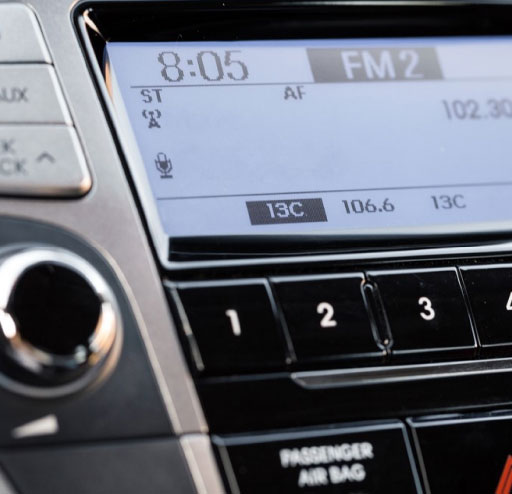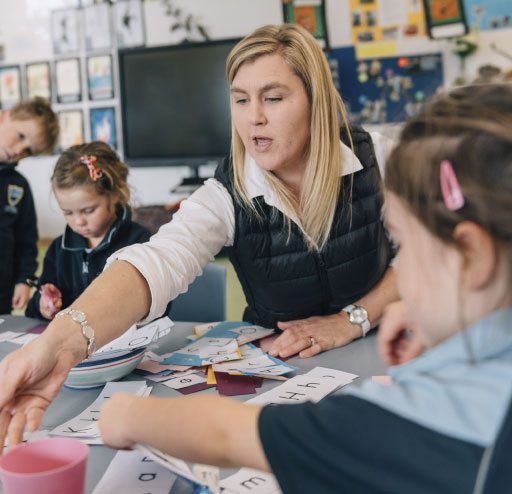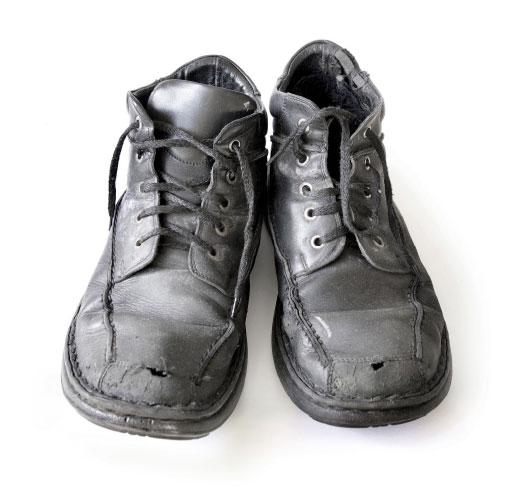 Download a printable copy of this article (PDF 179KB)
Download a printable copy of this article (PDF 179KB)
- There is no one voice to rule them all.
- Develop your pilot’s voice for instructional and serious times.
- Develop a flight attendant’s voice for connection and coaching.
- Build variety and creativity into your voice.
- See your voice as a critical contextual component of your classroom.
Do you remember the old Police Academy movies? I certainly do! They were among the many signature movies of my youth. As cringeworthy as the endless sequels in the series became, I’m firm in my belief that the box office appeal of all of those movies was built on the strength of the diverse characters within the original.
We could resonate with them all, whether it was Hightower’s humble strength or the inner lion waiting to emerge from within the usually meek and quiet Laverne Hooks.
“The human voice is the most perfect instrument of all.”
– Arvo Part
My favourite character from the first Police Academy movie was undoubtedly Larvell Jones played by Michael Winslow. Winslow was the master of a thousand voices and sound effects. So captivating was his voice that it almost didn’t matter if what he was saying was funny, pertinent or even connected to the plot at all. As a kid I was treated to a ticket to one of Winslow’s shows and got to meet him, of course requesting an autograph. The memory of Winslow taking my pen, drawing it up like a nurse draws up a syringe for an injection and adding the sound effect of squirting a little fluid from it as a test before commencing the task at hand lasted longer than the scrap piece of paper he handed back to me. What a talent.
I also remember starting out as a teacher and receiving all manner of advice from other more experienced colleagues such as always to use a calm, controlled voice in the classroom. On the surface this sounds quite sensible, but it’s another of those well-worn catchphrases in education that aren’t truly serving us. One voice? All the time? For every circumstance? Winslow would be horrified. And as we know, an unruly and disrespectful class will happily ignore any message delivered in monotone.
We see examples everywhere of voice changes and characteristics being used against us and for us. On an aeroplane is just one. The captain’s voice we hear on the speaker is usually serious and their words are delivered in ways that communicate control, professionalism and confidence. After all this person is taking us 33 000 feet off the ground so they had better know their stuff. The voice of the flight attendant is different. We like some levity, friendliness and understanding in that voice. Face to face, we prefer the personal touch.
Every teacher needs a pilot voice and a flight attendant voice. The pilot’s voice is often best used for instruction. Full of authority and purpose, this voice is unbending and may even need to be used loudly if, for instance, you are insisting on silence while you provide important information. I’m more than comfortable with teachers raising their voices – so long as it’s done with solemn control and the elevated volume does not negatively impact the words you choose. This voice is a choice and not an emotional outburst.
In examining our own voice, we might wonder whether emotions such as frustration, exasperation, annoyance and anger ever come through when we’re speaking to students. These are emotions that a pilot would never allow to creep into their announcements because that would undermine the controlled impression they are determined to preserve. Even in times of emergency, pilots are determined to stay calm and confident. From a restorative point of view, this is when teachers are being particularly firm in their practice. The fair part comes when we change our voice.
Post instruction, the flight attendant voice is far more useful as you slip into coach mode, perusing the room, redirecting to task, encouraging and praising. This friendly and congenial voice is perfect for connecting with students, noticing their achievements and recognising progress.
The point here is that there isn’t one calm, controlled voice with multipurpose and all-circumstance magical properties. This robotic approach to practice isn’t authentic in a relational environment. Further its effectiveness is minimal as your voice fades into the white noise of the busy social ecosystem that all classrooms are.
Your voice is one of your most potent tools in the classroom. Cultivate it, experiment with it, develop it, create with it and make it something that is a contextual feature of your high expectation environment.










